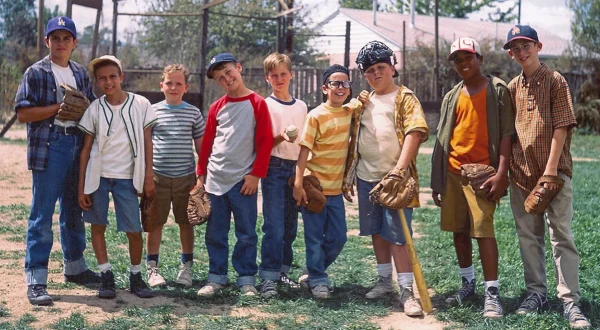“I, Tonya” looks at society through the mirror of ice skate blades
The world is still looking at infamous figure skating legend Tonya Harding with suspicion. Despite almost a generation of distance from the attack on Nancy Kerrigan, I’m told the coverage still seems fresh to the people that lived to see it.
“I, Tonya” stars Margot Robbie as the figure skating antihero Harding through her assent to fame as the first woman to land a triple axel in competition, all while hinting to the inevitable fall to obscurity as most people recognize her today.
Following Harding through her abusive childhood and then abusive marriage, the audience is truly given a complex, three-dimensional character that the breaking news of the 1990s neglected to show.
Harding was born into a bad situation. Doing the best she could with poverty and a dream to become a skater, she was carried to her full actualization as a skater by her hard-lined mother.
For a brief time, we see the awkwardness of the teen years, the desperation for a sense of belonging and even the need for motherly assurance in what the media may have arbitrarily decided was America’s sacrificial lamb.
The support of Robbie’s performance comes from the near-disturbing work of supporting actors that all play someone trying to either extort or abuse Harding. And the advanced cinemagraphic techniques showcase the powerful emotion of each climactic moment.
What ultimately became one of the first “celebrity trainwreck” news stories turned into the perfect way to introduce us to an age of alternative facts. “I, Tonya” is based on dubious and often conflicting accounts of what happened.
The actors all even create the perfect performance to show themselves as the most inauthentic-seeming people when it comes to providing trustworthy information. But the biggest blow to the collective zeitgeist is the returning quips of gawker-style magazine reporter Martin Maddox.
“I was a reporter for ‘Hard Copy,’” Maddox said. “A crappy show all the ‘legitimate’ news outlets looked down on- then became.”
A lot of people might know that journalism is driven by the most compelling story. The revenue for journalism comes from the ability of newscasts and newspapers to provide advertisements to the most people.
And the unintended consequences involve more stories that appeal to lurid interest and less that share something valuable to people. Stories like Harding’s create a narrative based on reducing people to a single notable action that may or may not have anything to do with their character. Because it’s all in the details, and the details are boring.
“I, Tonya” may be filmmakers attempting to right the wrong that sensationalized journalism had made in the height of TV news. And with a president whose entire campaign was based on his sensationalized news, it might need to happen fast.
If you’re looking for a movie that’s as entertaining, funny and suspense-filled as it is comprehensive in its role as a serious look at the society we have today, watch “I, Tonya.” If you’re anything like me, you won’t regret a single second.
Rating: 5/5 stars.





